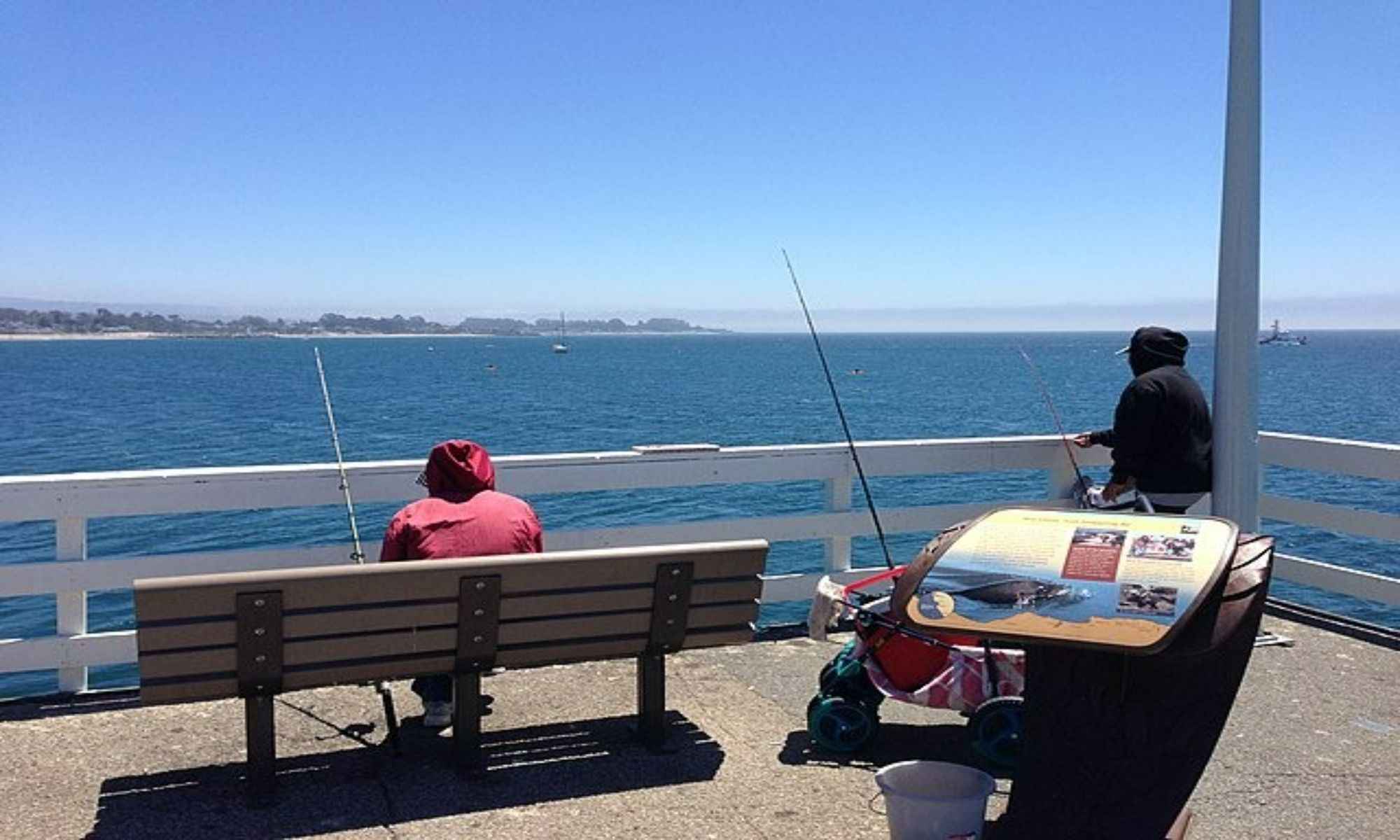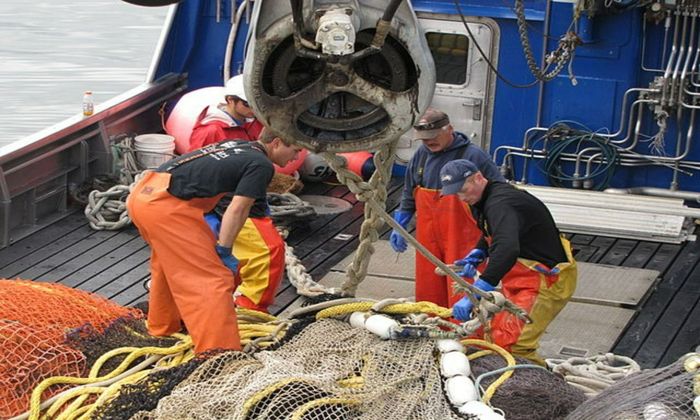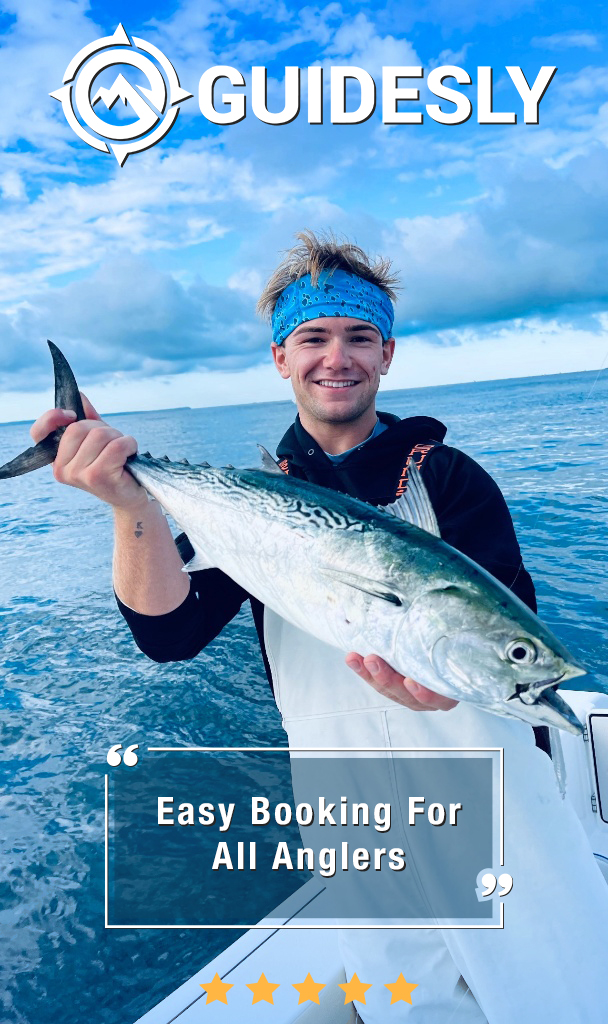How Do Anglers Help To Protect the Environment
Find out how angling helps the environment and what sustainable fishing is.

There is a strong argument that anglers can be some of the greatest protectors of aquatic environments, even if they just set out to fish for either fun or work. The sentiment of ecologist Aldo Leopold which compared harmony with nature being like harmony with a friend (you cannot cherish one aspect and neglect or abuse another), can be applied to the art or sport of angling. The environment and angling are inextricably linked, and good fishing or sustainable fishing is synonymous with a flourishing aquatic and terrestrial ecosystem.
Every keen angler should love and respect the sites in which they fish, and they should also go to great lengths to conserve and protect the health of aquatic habitats in their entirety. Anglers want to see nature thrive as lovers and admirers of wildlife and the outdoors. Part of the pleasure of fishing is enjoying the scenic beauty of a variety of environments. This also results in a healthy habitat that produces a resilient fish population.
Issues Faced by the Aquatic or Marine Ecosystem

Any undertaking done by humans can permanently impact the aquatic or marine ecosystem. The threat of pollution, commercial fishing, recreational fishing, and general overfishing seriously threatens our natural resources and marine life. Environmental factors, such as climate change, can affect fish habitat and native fish populations. So how do anglers help to protect the environment by fishing?

Sustainable fishing has become more and more prominent over the years. It refers to fishing practices that aim to keep marine life (especially fish species) at optimal levels to ensure survival while respecting the natural environment. The whole concept is essential because our waters, especially our ocean ecosystem, have been victims of overexploitation.
Anglers As Protectors
Another important role of anglers as protectors of the environment is that they act as guardians of the water. They would be the first to see if there are any problems in the ecosystem and can pass the information on to the authorities to handle those issues immediately. An example would be when a couple of fly fishing anglers in Britain spotted invasive species of killer shrimp. Because they reported it to the authorities immediately, they could prevent the issue from getting out of control and causing lasting damage to other fish species and marine life.
Anglers will also regularly notice and report any changes they see, whether in the number of creatures, pollution in the water, variations in the surroundings, etc. This helps determine whether the aquatic environment is thriving or deteriorating. Most anglers are always deeply involved with conservation and helping resolve harmful situations. Most anglers actively collect information that can help protect fish species and their habitat.
Even though it sounds ironic, anglers who go and hunt for fish are also the same ones who are passionate about conserving and safeguarding commercial fisheries, recreational fisheries, and natural fisheries. This is because anglers are the ones who are the most aware of the importance of protecting these environments. Any good angler should go to great lengths to abide by fishing regulations put forward by scientists and other authorities if they care about maintaining healthy fish populations and sustainable fishing industry.
More On Sustainable Fishing
Several factors need to be met for fishing to be considered sustainable. The following is what the European Union deems to be sustainable fishing which is also considered and applied in the United States of America:
- The angling practice should be managed considering the ecosystem for sustainability. The actions should consider the impact of fishing on populations and the environment.
- The population of all species should be maintained at a healthy level. This is done by applying fishing practices that control activity and prevent the disappearance of the species.
- Sustainable fishing should be concerned with protecting sensitive species and habitats. This includes covering areas of reproduction and breeding and being careful in any marine protected area.
- Selective fishing methods should be used to avoid accidental catches or overfishing.
- The fishing method should minimize its production of energy, chemical, and waste in all facets of operation.
- Sustainable fishing should maintain biodiversity.
- Sustainable fishing should be able to ensure true traceability from the point of capture or farming to the market.
- Sustainable fishing should regard the compliance of angling with current regulations and legislations.
Following these criteria helps ensure the long-term sustainability of fisheries and the fishing industry. It sets logical and coherent objectives for achieving good status in fishing grounds, reducing overexploitation, and conserving the environment.

What We Can Do
Anyone can help and contribute to the improvement of the aquatic ecosystem. It’s not only up to anglers and scientists as anyone can report problems in our precious waters and surroundings. You can do something as simple as cleaning litter to reporting chemical spills. You can also help by sourcing the fish you eat from sustainable fisheries.




